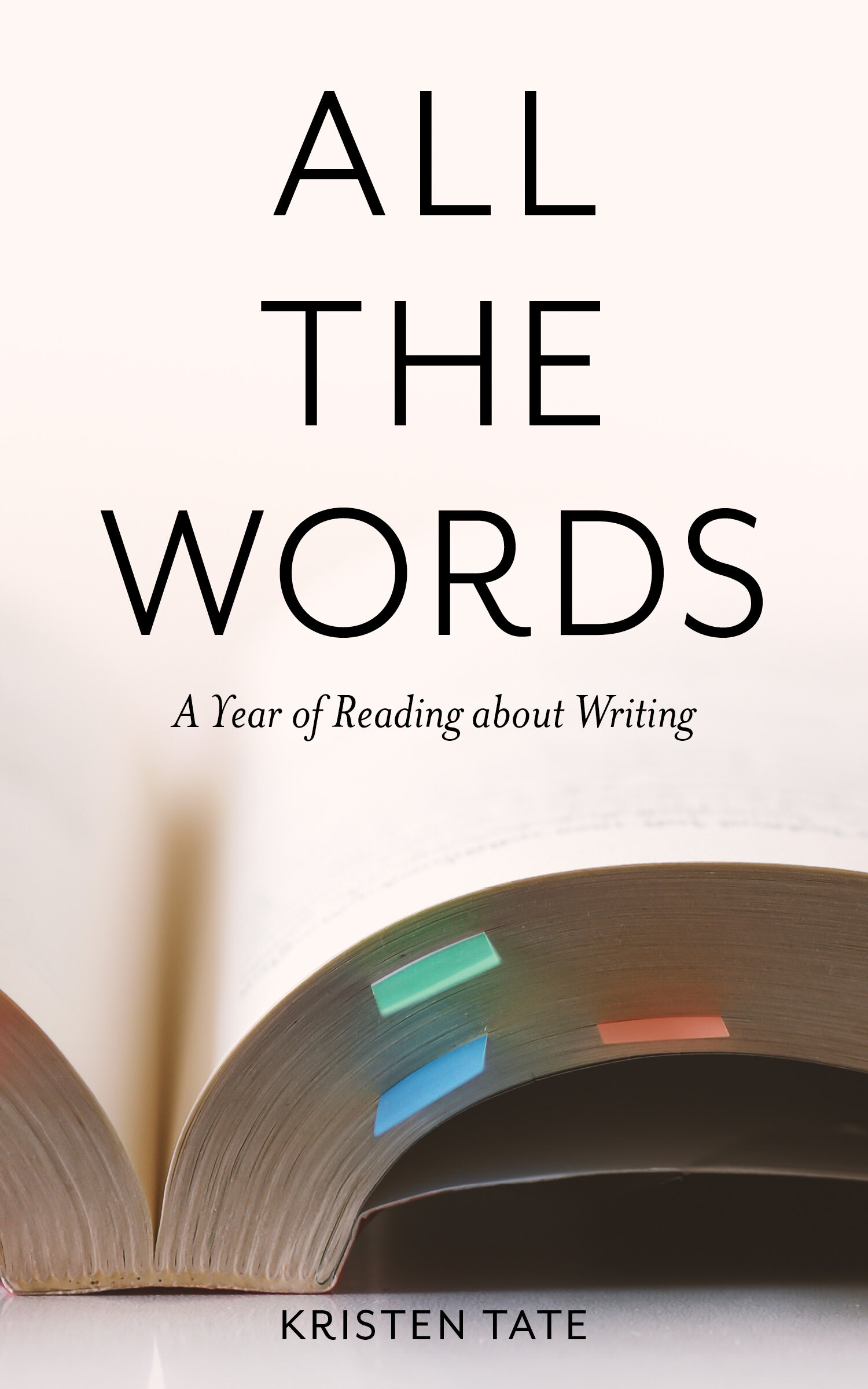Elements of Fiction, by Walter Mosley
This is part of a series of weekly reviews of writing craft books written in 2019, later revised and collected in Kristen’s book All the Words: A Year of Reading About Writing. Read the first chapter or buy the book in our Shop.
It is week thirty-eight of 2019. How’s the writing going? I was thrilled this week to see that Marlon James’s epic fantasy novel Black Leopard, Red Wolf was on the longlist for the 2019 National Book Awards for fiction. As the announcement in the New Yorker noted, its presence on the list, alongside Helen Phillips’s twisty thriller The Need, signals a mixing and merging of the worlds of literary fiction and genre fiction. Tracing the division between these two worlds – and noting the ways in which the division limits authors’ creative options – has been a recurring theme in my newsletters this year, and I’m excited to see evidence that the lines might be blurring.
Walter Mosley, author of this week’s book, Elements of Fiction, is one writer who has given himself permission to jump around among genres and blur the line between literary and genre fiction. He’s best known for his hardboiled crime series featuring detective Easy Rawlins, but he’s also written plays, nonfiction, sci fi, and literary fiction. As a title, Elements of Fiction implies a kind of structural analysis of the topic that Mosley doesn’t provide. Instead, Mosley skips around from character to point of view to the act of writing, dropping gems of wisdom amidst sample story swatches he creates to illustrate his points. It’s a confident, encouraging, optimistic book – one to reach for when you are struggling to shed your Suffocating Rubber Clown Suit of Negativity or being trampled by fear pigs.
The message Mosley returns to again and again is that fiction is magical: “Fiction is one of the few constructive human activities in which we have the potential to make something from almost nothing. Something from nothing. That kind of alchemy is a recipe for failure and also the hope for the miraculous.” Novelists can place readers in a familiar setting – “a street-corner bodega or a country road” – and suddenly “jolt us with strange revelations: guilt that we’ve never experienced or an interpretation of the ordinary that stands everything we’ve ever believed on its head.”
Fiction might be magic, but that doesn’t mean writers can conjure it with a breezy snap of the fingers, like a rabbit from a hat. As Mosley admits, ushering a cast of characters with believable “passions, beliefs, scars, and successes” through the “obstacle course of story” when your only tools are “language and a smattering of punctuation” is a daunting task.
His best advice for facing the terror of the blank page – which is not a small fear, calling up as it does “the basic fear of all creatures, that of nothingness, unknowing, death” – is to approach it with a child’s “wonder and a sense of play.” See your keyboard, screen, pencil, and paper as toys. Imagine that blank page as “a big blue pond at dawn. All we have to do is jump in and flail around, laughing and discovering.”
Elements of Fiction probably isn’t going to help you decide whether your story should be told in first person, third person, or omniscient point of view or guide you through the steps required to construct a solid plot. But it’s full of wisdom and joy and optimism. Mosley believes in your “acumen and imagination.” He believes in your readers’ willingness to participate in the “creation of the world of your story.” He believes that the story – your story – “is going to be a rarefied experience.” He believes that your work is important, that “a novel is the ideal of flawed, floundering, and yet heroic humanity.”
I believe these things too. I believe in you. I believe that the time you spend playing with words and punctuation in that chilly blue pond at dawn is worthwhile – for yourself and, eventually, for us, your readers.
Here’s to playing in the pond, y’all,
Kristen
Check out our Resources page for more in-depth articles on writing, revising, polishing, and publishing your novel. Sign up for our weekly newsletter for fresh content, and you’ll also get our free PDF with recommended reading for writers!



